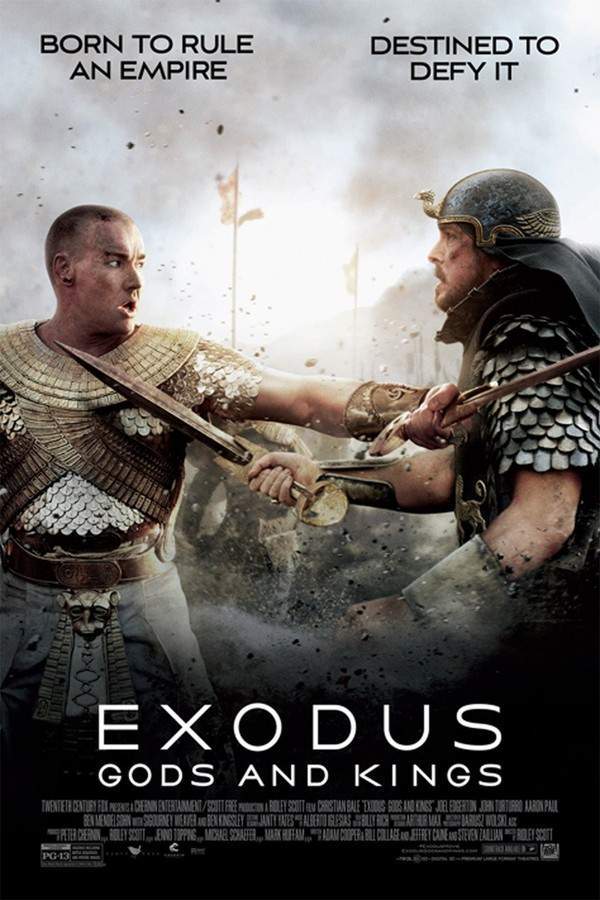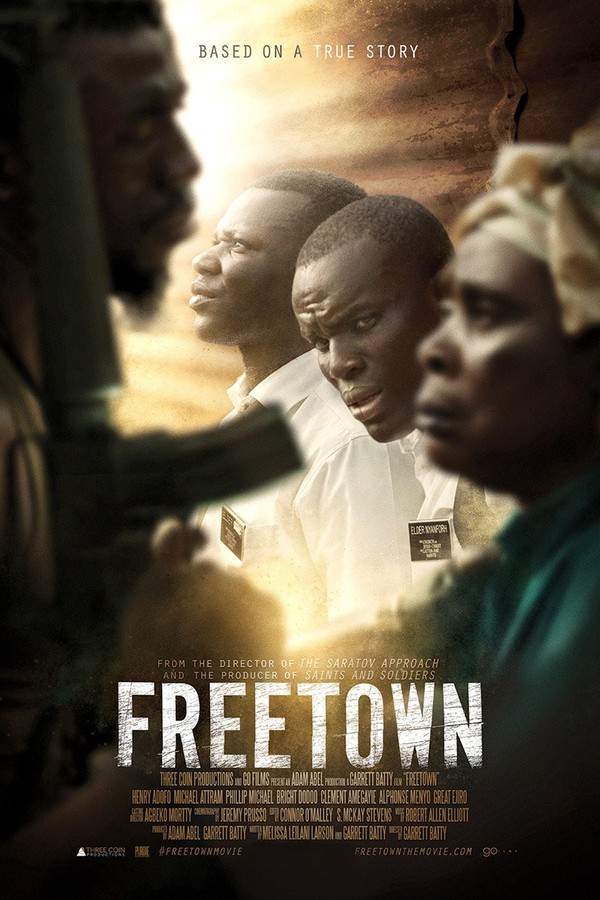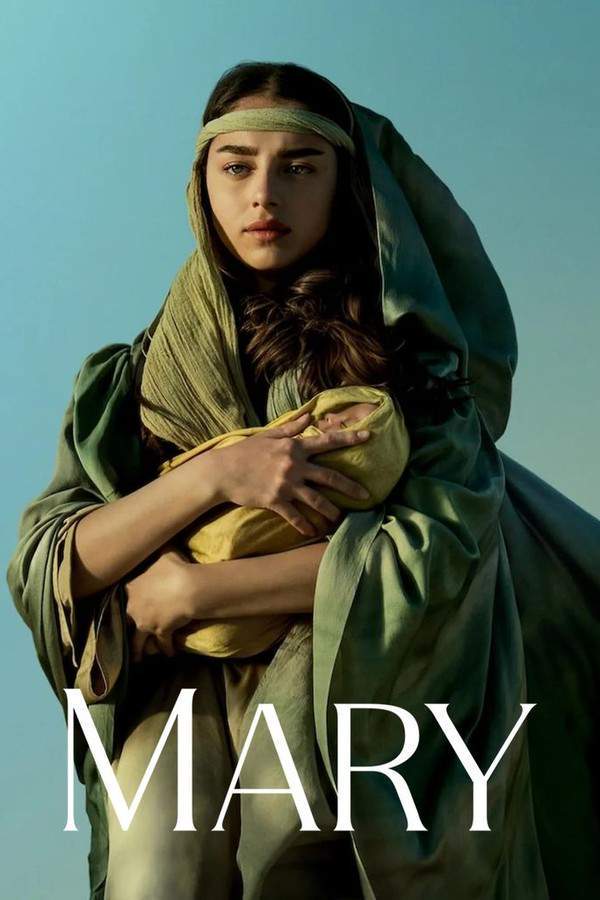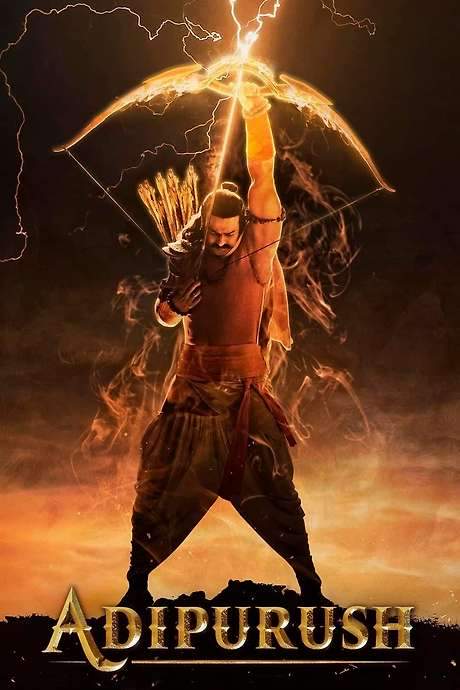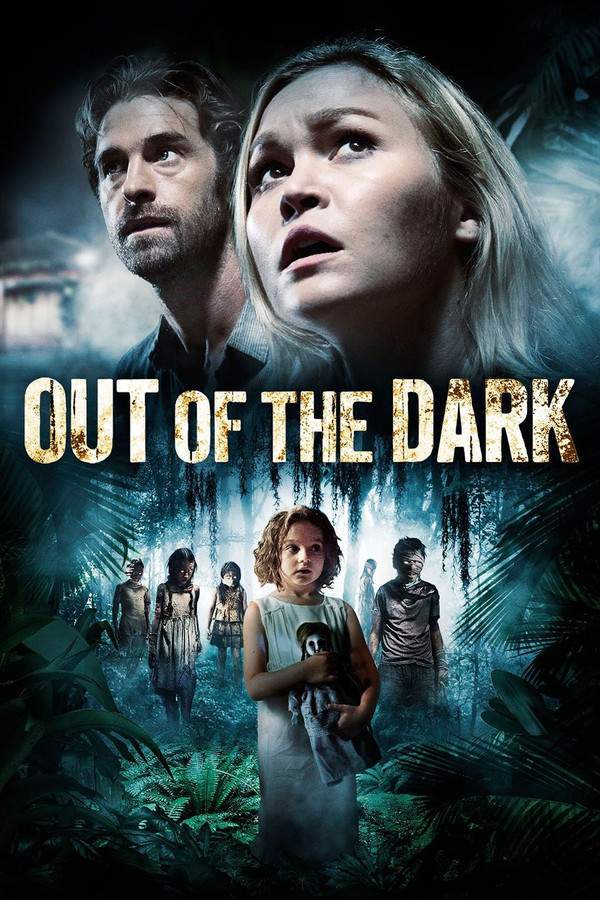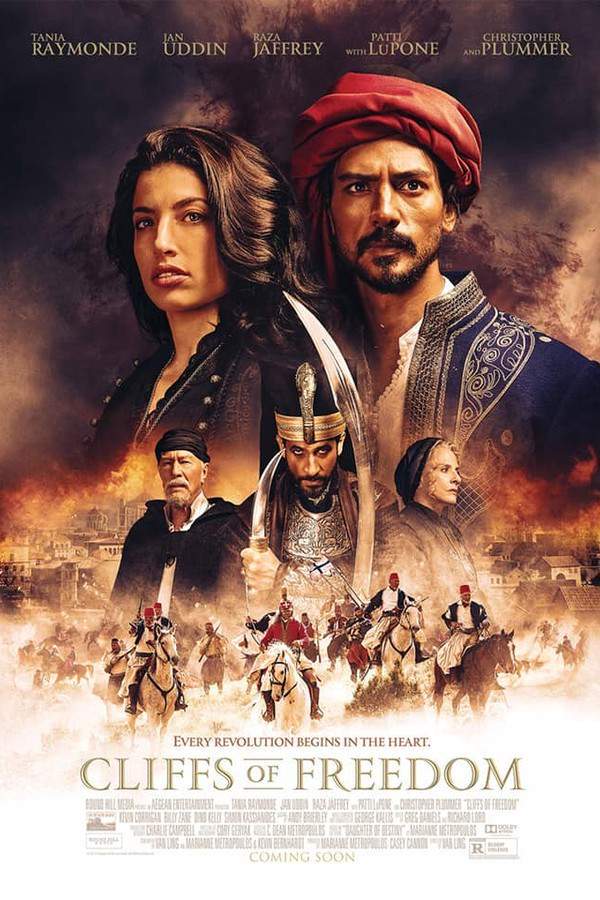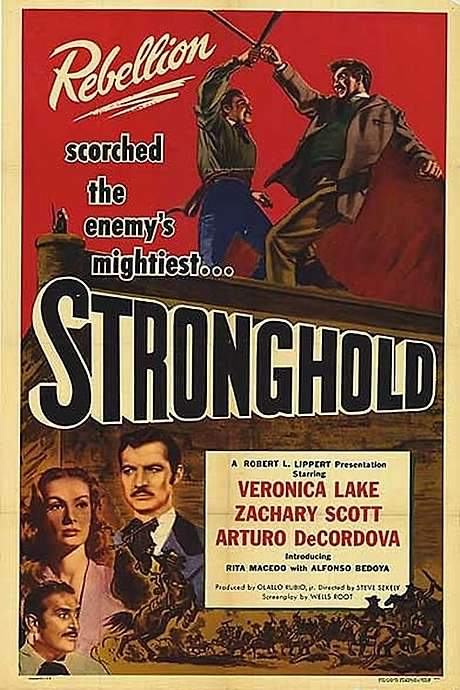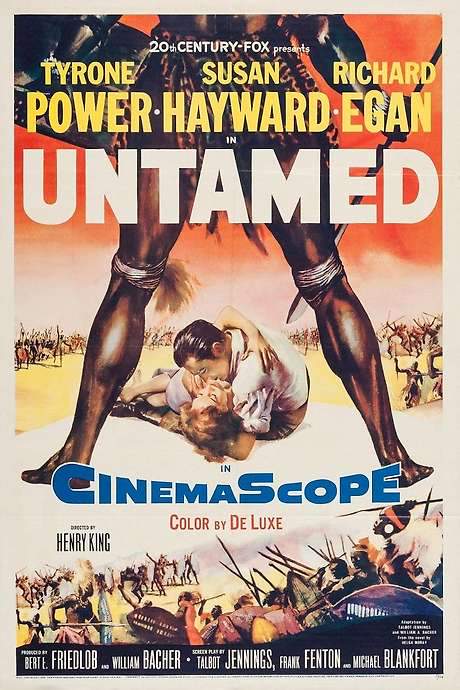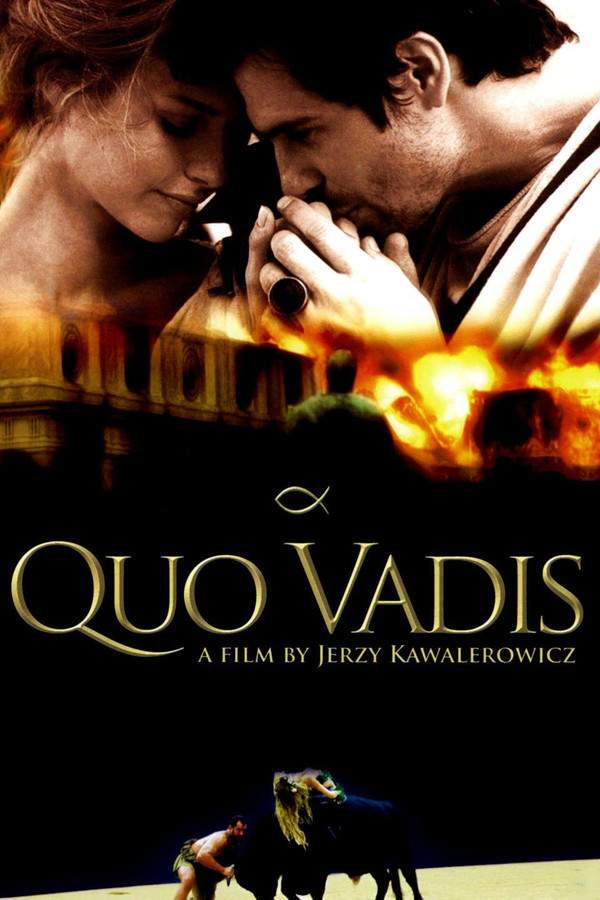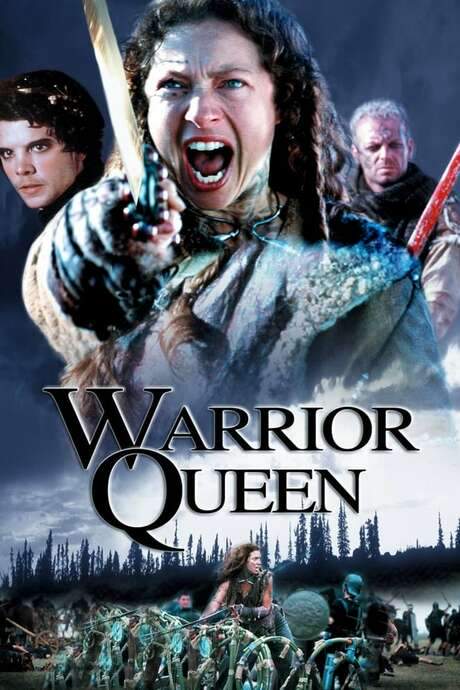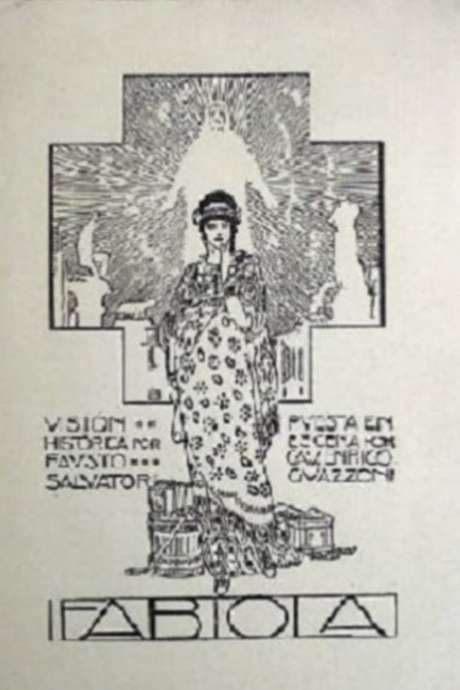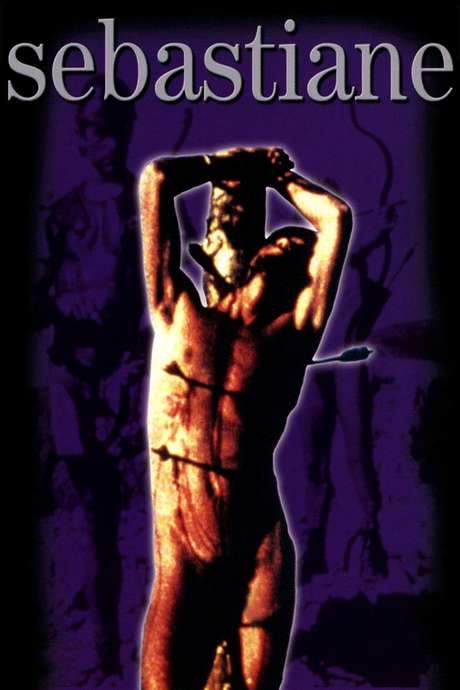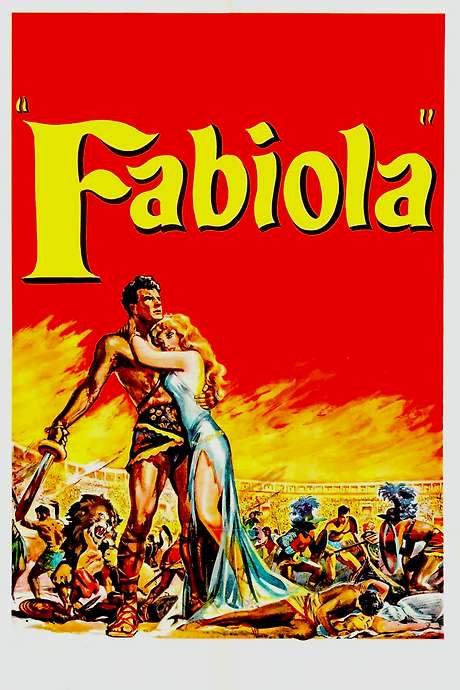
Fabiola
Year: 1949
Runtime: 164 mins
Language: Italian
Director: Alessandro Blasetti
In ancient Rome, Fabiola, the senator’s daughter, falls in love with Rhual, a Gallic gladiator. When her father is murdered, the populace blames the Christians, sparking a wave of persecution. Rhual confesses his Christian faith, is accused of the murder and sentenced to fight to the death in the arena.
Warning: spoilers below!
Haven’t seen Fabiola yet? This summary contains major spoilers. Bookmark the page, watch the movie, and come back for the full breakdown. If you're ready, scroll on and relive the story!
Timeline – Fabiola (1949)
Trace every key event in Fabiola (1949) with our detailed, chronological timeline. Perfect for unpacking nonlinear stories, spotting hidden connections, and understanding how each scene builds toward the film’s climax. Whether you're revisiting or decoding for the first time, this timeline gives you the full picture.
Last Updated: October 05, 2025 at 12:26
Explore Movie Threads
Discover curated groups of movies connected by mood, themes, and story style. Browse collections built around emotion, atmosphere, and narrative focus to easily find films that match what you feel like watching right now.
Historical Dramas of Faith and Persecution like Fabiola
Stories of unwavering belief tested by violent historical oppression.If you enjoyed Fabiola's depiction of early Christians facing Roman tyranny, you'll find similar powerful stories here. This collection features movies like Fabiola that explore faith, martyrdom, and hope against a backdrop of historical oppression and political unrest, offering tense, heavy, and ultimately uplifting viewing experiences.
Narrative Summary
These narratives typically follow a community or individual whose core beliefs put them in direct conflict with a dominant, hostile power structure. The plot revolves around escalating persecution, tests of faith, and the choice between compromise and martyrdom, often building towards a pivotal moment of liberation or symbolic victory that affirms their struggle.
Why These Movies?
Movies in this thread are grouped by their shared focus on the intense emotional weight of religious or ideological persecution within a grand historical setting. They blend heavy themes with a steady, dramatic pace and a tone that shifts from tense oppression to hopeful resolution, creating a specific, impactful vibe.
Forbidden Romance Epics with High Stakes like Fabiola
Love blooms dangerously amidst societal violence and political turmoil.Fans of the risky love story between Fabiola and Rhual will appreciate these movies. Discover films similar to Fabiola that feature a compelling forbidden romance set against a backdrop of political unrest or violence, where the relationship becomes a beacon of hope in a dark and tense world.
Narrative Summary
The narrative pattern involves two lovers from different social spheres or opposing sides of a conflict whose relationship is illicit. Their love story serves as the emotional core, while the external plot of societal pressure, imprisonment, or violence constantly threatens to tear them apart, testing their commitment and ultimately defining their fate.
Why These Movies?
These films are connected by their potent mix of a high-stakes romantic arc with a dramatically tense and oppressive atmosphere. The pacing is steady, focusing on both the personal emotional journey and the escalating external dangers, creating a specific blend of romance, suspense, and heavy emotional weight.
Unlock the Full Story of Fabiola
Don't stop at just watching — explore Fabiola in full detail. From the complete plot summary and scene-by-scene timeline to character breakdowns, thematic analysis, and a deep dive into the ending — every page helps you truly understand what Fabiola is all about. Plus, discover what's next after the movie.
Fabiola Summary
Read a complete plot summary of Fabiola, including all key story points, character arcs, and turning points. This in-depth recap is ideal for understanding the narrative structure or reviewing what happened in the movie.

Characters, Settings & Themes in Fabiola
Discover the characters, locations, and core themes that shape Fabiola. Get insights into symbolic elements, setting significance, and deeper narrative meaning — ideal for thematic analysis and movie breakdowns.

Fabiola Spoiler-Free Summary
Get a quick, spoiler-free overview of Fabiola that covers the main plot points and key details without revealing any major twists or spoilers. Perfect for those who want to know what to expect before diving in.

More About Fabiola
Visit What's After the Movie to explore more about Fabiola: box office results, cast and crew info, production details, post-credit scenes, and external links — all in one place for movie fans and researchers.

Similar Movies to Fabiola
Discover movies like Fabiola that share similar genres, themes, and storytelling elements. Whether you’re drawn to the atmosphere, character arcs, or plot structure, these curated recommendations will help you explore more films you’ll love.
Explore More About Movie Fabiola
Fabiola (1949) Plot Summary & Movie Recap
Fabiola (1949) Scene-by-Scene Movie Timeline
Fabiola (1949) Spoiler-Free Summary & Key Flow
Movies Like Fabiola – Similar Titles You’ll Enjoy
Quo Vadis? (2002) Story Summary & Characters
Titus (1999) Ending Explained & Film Insights
The Arena (2001) Full Summary & Key Details
Boudica (2003) Story Summary & Characters
Beatrice (1987) Full Summary & Key Details
The Roman Orgy (1911) Complete Plot Breakdown
Fabiola (1918) Film Overview & Timeline
Amazons and Gladiators (2001) Ending Explained & Film Insights
Romulus and the Sabines (1961) Full Movie Breakdown
Gladiator of Rome (1962) Plot Summary & Ending Explained
Sebastiane (1976) Plot Summary & Ending Explained
Sign of the Gladiator (1959) Spoiler-Packed Plot Recap
The Affairs of Messalina (1951) Spoiler-Packed Plot Recap
Demetrius and the Gladiators (1954) Detailed Story Recap
Brennus, Enemy of Rome (1963) Full Summary & Key Details

